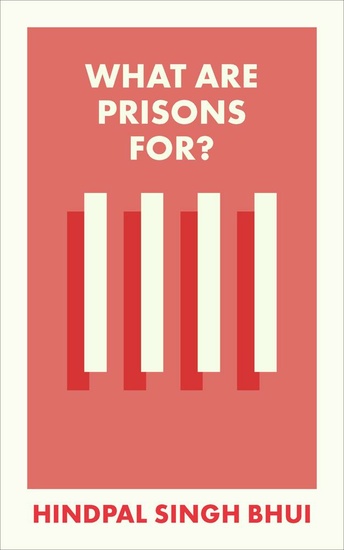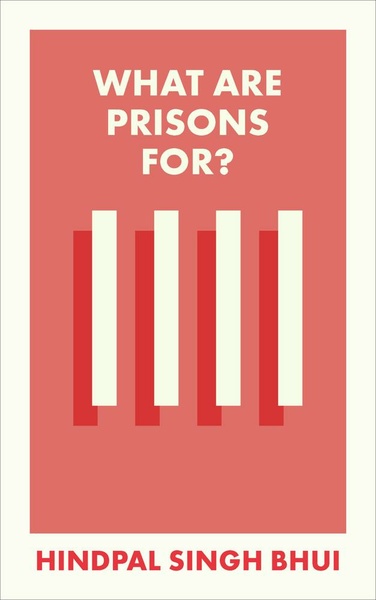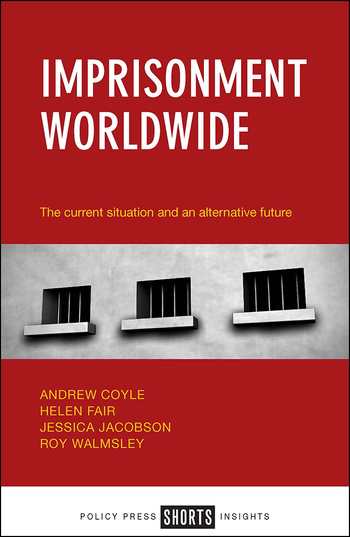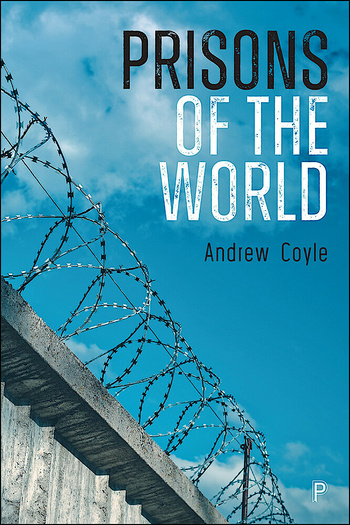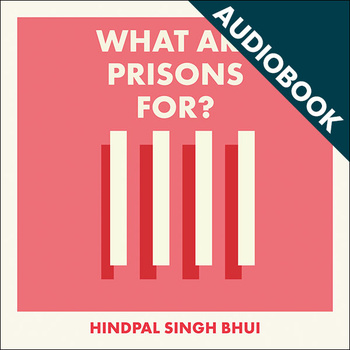What does a good prison look like? More than eleven million people are currently locked up in prisons across the world, but does that mean that prison actually works? The answer usually depends on what people believe and feel about crime, punishment and what happens inside prisons. The deep social and personal impact of prisons demands that we try to search for a better understanding of the evidence and ideas that have made prisons so ubiquitous.
Hindpal Singh Bhui, with 25 years’ experience of visiting and working in prisons worldwide, argues that we need to look at who is sent there and why, to disentangle reality from ideology and myth. Introducing the competing histories of prisons and allowing the voices of prisoners, prison staff and victims to be heard, he asks whether there is a better way to achieve what society wants from its prisons.









